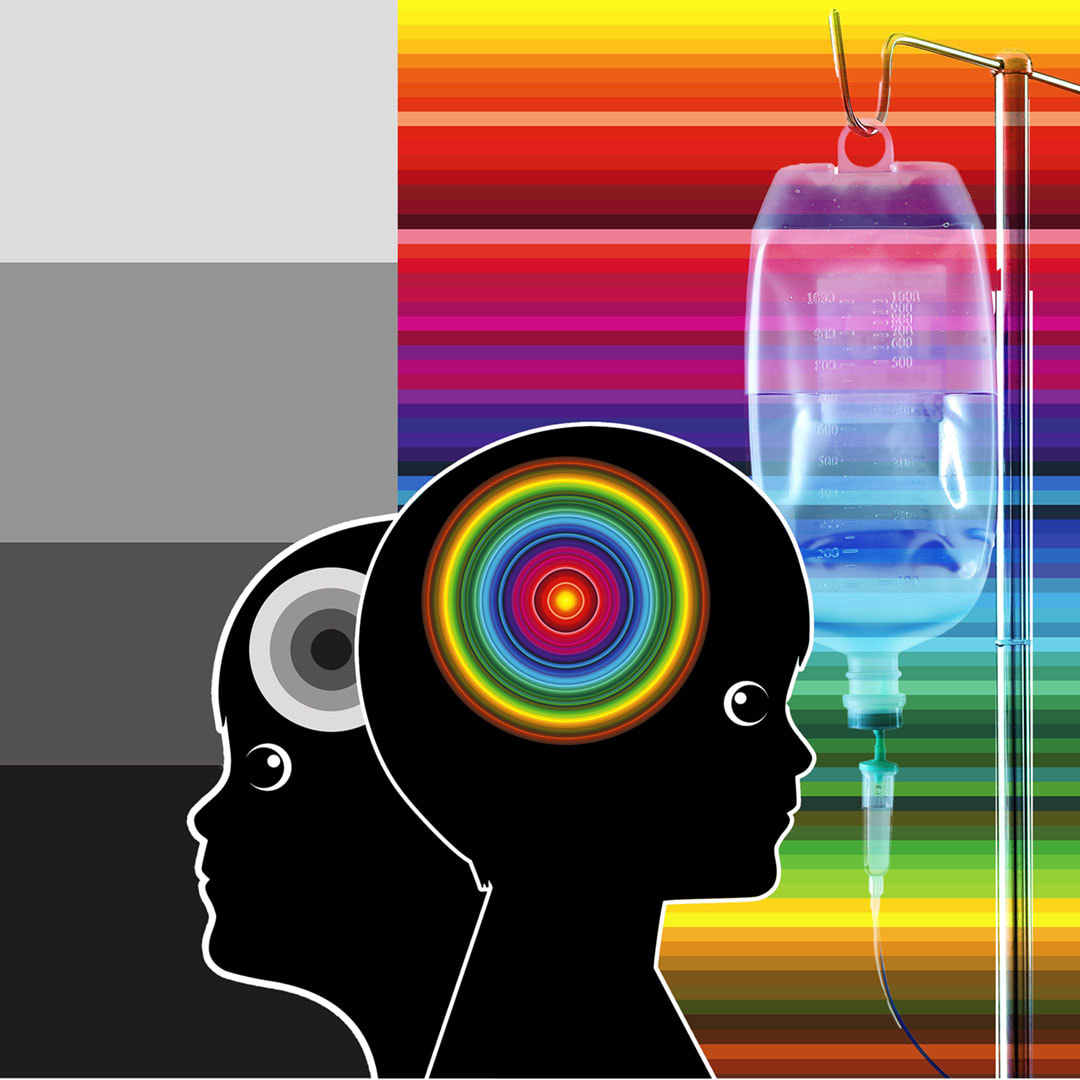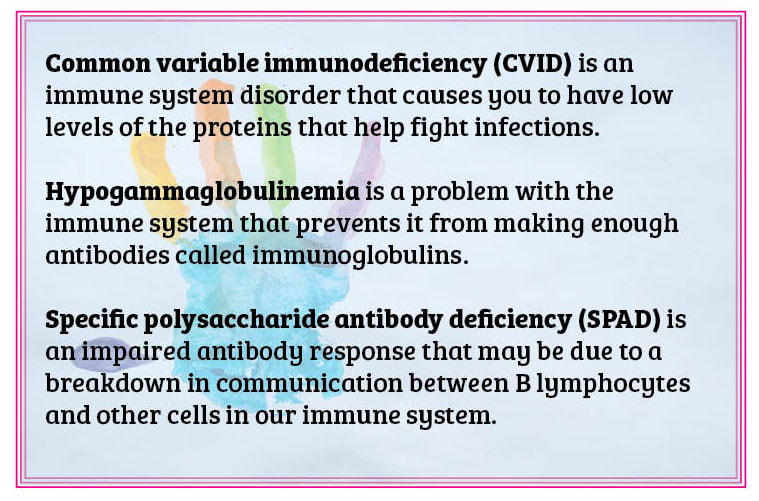We previously have written about this rising tide of neuroimmune disorders as well about the work of Dr. Richard Frye, noted researcher and autism expert. Read on for more about his and colleague Dr. Daniel Rossignol’s recent review of several studies and “growing evidence suggests that immune dysregulation is associated with ASD.”2 This work sheds additional light on the immune mechanisms behind this increasingly common and tragic disorder and how intravenous immunoglobulin (IVIG) may be of help in some instances. Several lines of evidence link immune abnormalities to ASD. Children with autism spectrum disorder (ASD) also appear to be at increased risk for clinical immune disorders. A 2020 article in The Scientist looked at research that identified a link to possible autoimmune origins for many cases of autism, as evidenced by pathology findings that showed an accumulation of T cells and astrocytes in postmortem brain tissue. Pathologist Matthew Anderson, M.D. and colleagues at Beth Israel Deaconess Medical Center in Boston had observed T cells swarming around a narrow space between blood vessels and neural tissue. And somehow, these cells were getting through the blood-brain barrier (BBB). Other abnormal findings subsequently led the clinical team to posit whether the observed neurological issues were specific to autism. As also noted in the article, Carlos Pardo-Villamizar of Johns Hopkins University and colleagues had over 15 years prior first studied whether immune-mediated mechanisms were involved in the pathogenesis of autism. These researchers examined postmortem brain tissues and cerebrospinal fluid from individuals with autism and identified signs of neuro-inflammation in the cerebral cortex and cerebellum; both are regions essential for sensory perception and for motor skills such as balance and coordination. If it’s immune-mediated, what about IVIG? Dr. Frye has pointed out that some of the immune-related problems reported in ASD include common variable immunodeficiency (CVID), hypogammaglobulinemia (e.g., low total Immunoglobulin G (IgG)) and specific polysaccharide antibody deficiency (SPAD). One study reported that lower levels of IgG were associated with more severe aberrant behaviors in children with ASD. Note that physicians can and should test IgG and other levels in a full lab assay in order to identify any anomalies. Other studies have suggested that children with ASD and recurrent infections and other immune abnormalities have associated abnormal Toll-like receptor responses, dysregulation of inflammatory and counter-regulatory cytokines, changes in regulatory microRNA, and atypical mitochondrial respiration. (You may recall that we’ve discussed in several other articles the issues surrounding dysregulation of cytokines, inflammation and other issues that can contribute to a variety of neuroimmune disorders.)
In view of this information, Dr. Frye and the research team commented that some of the medical comorbidities reported in ASD might also improve with the use of IVIG. So, for example, IVIG has been shown to have anti-seizure properties and anti-inflammatory effects; the anti-inflammatory effects of IVIG are observed at higher doses of IVIG (i.e., 2 grams/kg) for inflammatory and autoimmune disorders. Additionally, IVIG can modulate the immune system and is commonly used in neurological disorders to treat pathophysiological processes involving inappropriate activation of the immune system. From the publication “A Systematic Review and Meta-Analysis of Immunoglobulin G Abnormalities and the Therapeutic Use of Intravenous Immunoglobulins (IVIG) in Autism Spectrum Disorder,” some of Drs. Frye and Rossignol’s statements included:
Review authors concluded that “Further research is needed to provide solid evidence of efficacy and determine the subset of children with ASD who may best respond to this treatment as well as to investigate biomarkers which might help identify responsive candidates.” Certainly more studies are warranted to not only investigate the inclusion of IVIG in treatment approaches, but to also better understand why ASD has become so prevalent over the years. Just last year we examined some of the evidence and possible contributing factors to the dramatic increases in diagnosis and we invite you to learn more at: https://www.suzannegazdamd.com/blog/what-have-we-learned-since-rain-man-brought-autism-into-the-public-spotlight Our children are indeed being impacted by a rising tide of neurological conditions and it is crucial that we identify the reasons in order to arrive at more effective protocols that are available to all affected children, whether this is IVIG or other valid measures. As always, please reach out if you have questions or would like to schedule an appointment – we are here to help! In health and hope, Dr. Suzanne Gazda References: 1 U.S. Centers for Disease and Prevention https://www.cdc.gov/ncbddd/autism/index.html 2 Rossignol DA, Frye RE. A Systematic Review and Meta-Analysis of Immunoglobulin G Abnormalities and the Therapeutic Use of Intravenous Immunoglobulins (IVIG) in Autism Spectrum Disorder. J Pers Med. 2021;11(6):488. Published 2021 May 30. doi:10.3390/jpm11060488 Additional related reading: https://www.suzannegazdamd.com/blog/neuro-inflammation-and-autism https://www.suzannegazdamd.com/blog/our-childrens-pandemic-of-neuro-immune-disorders https://www.suzannegazdamd.com/scientifically-speaking1/what-is-the-significance-of-folate-deficiency-and-autism
0 Comments
Your comment will be posted after it is approved.
Leave a Reply. |
AuthorDr. Suzanne Gazda, Integrative Neurology Archives
February 2024
Categories |


 RSS Feed
RSS Feed